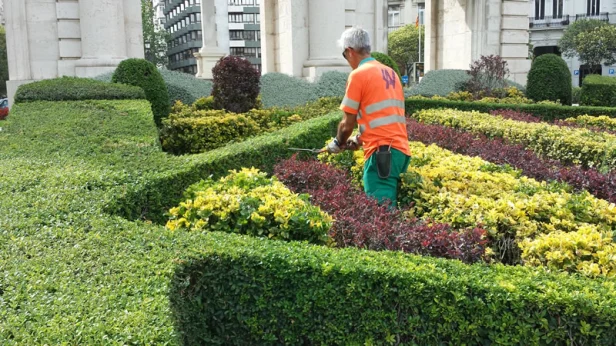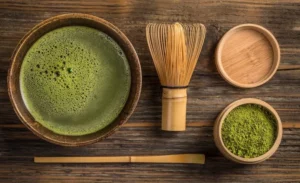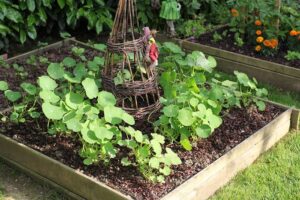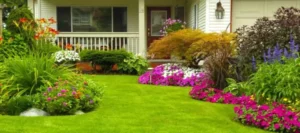Garden maintenance: our tips to become an outstanding gardener

The art of gardening is a passion that can provide us with a green oasis full of life. However, maintaining a beautiful and healthy garden requires dedication and knowledge. If you want to become an outstanding gardener and get the most out of your outdoor space, it’s essential to follow a few key guidelines. In this article, we will provide you with practical and effective tips for garden maintenance, so that you can achieve a dream space that fills all who visit it with joy and serenity.
Planning and Design:
Every good garden starts with solid planning and design. Before you start planting, take time to visualize what you want your garden to look like. Consider things like sun placement, shady areas, topography, and the specific needs of the plants you want to grow. A well thought out design will allow you to create a harmonious and functional space.
Selection of Appropriate Plants:
Choose plants that are adapted to the climatic and soil conditions of your area. Opt for hardy, low-maintenance varieties if you’re new to gardening. Research the watering, light, and nutrient needs of each plant to ensure that you can provide proper care for them.
Soil Preparation:
A healthy soil is key to the growth of your plants. Before planting, prepare the soil by loosening it and enriching it with compost or organic fertilizer. Well-prepared soil will provide the necessary nutrients for your plants to thrive.
Efficient irrigation:
Proper watering is essential for plant growth, but it’s also important to avoid overwatering. Water the plants early in the morning or late in the day to prevent excessive evaporation. Use drip irrigation systems or hoses with sprinklers to ensure that the water reaches the roots of the plants efficiently.
Weed control:
Weeds can compete with your plants for water and nutrients, so it’s important to keep them under control. Perform regular cleaning to remove weeds and consider installing mulch or mulch to prevent their growth.
Pruning and Cutting:
Regular pruning of your plants is crucial to maintaining their shape and health. Remove dead or diseased branches to prevent the spread of disease. Also, make regular cuts on plants that require it to encourage denser, healthier growth.
Fertilization:
Provide additional nutrients to your plants through fertilization. Use slow-release or organic fertilizers to ensure plants receive the nutrients they need for optimal development.
Control of pests and diseases:
Keep a close eye on your plants for signs of pests or diseases. Treat any identified problems early to prevent their spread and damage to your plants. Opt for natural and organic pest control methods whenever possible.
Pollinator Attraction:
Encourage the presence of pollinators in your garden, such as bees and butterflies, by planting flowers that attract these beneficial creatures. Pollinators play a critical role in plant reproduction and help maintain a healthy ecosystem in your garden.
Observation and Continuous Learning:
Observation is a fundamental skill in gardening. Learn to detect signs of problems or deficiencies in your plants and look for suitable solutions. Be open to continuous learning and seek information on new gardening techniques and methods.
Conclusion:
Becoming an outstanding gardener requires patience, dedication, and a genuine love of nature. Following planning and design advice, selection of suitable plants, soil preparation, efficient watering, weed control, pruning and cutting, fertilization, pest and disease control, attracting pollinators, and observe.








